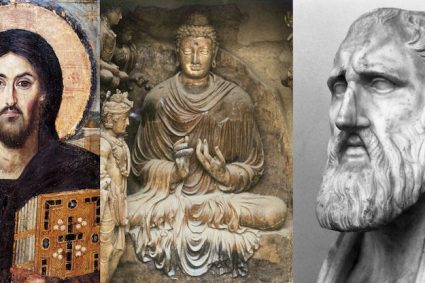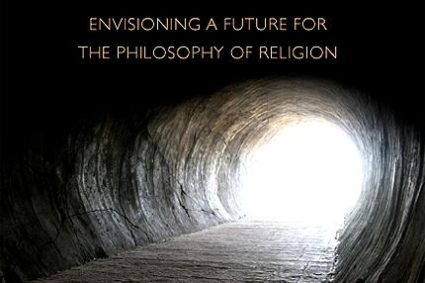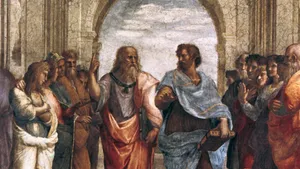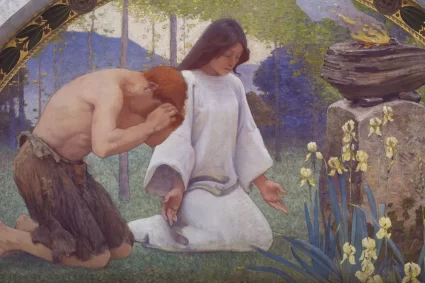
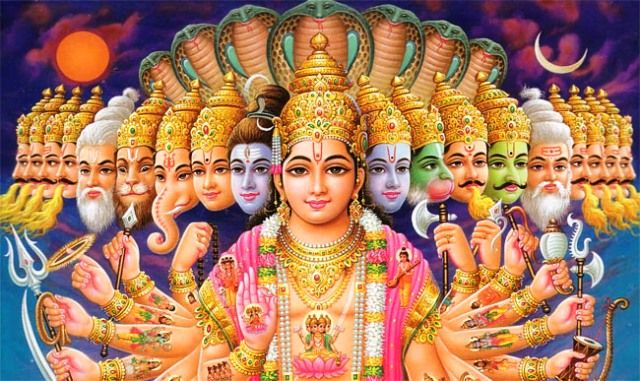
Hinduism, one of the world’s oldest religions, has evolved over thousands of years on the Indian subcontinent. Rich in diversity, Hinduism is more accurately described as a way of life, encompassing a vast array of beliefs, practices, and philosophies that have shaped the cultural and spiritual landscape of India.
Foundations of Hinduism:
Hinduism has no single founder or central scripture. Instead, it draws from a wide range of ancient texts, collectively known as the Vedas, Upanishads, Bhagavad Gita, and epics like the Ramayana and Mahabharata. The Rigveda, one of the oldest texts, contains hymns dedicated to various deities and natural forces.
Polytheism and Pantheon:
Hinduism is characterized by its polytheistic nature, with a vast pantheon of deities representing various aspects of the divine. The Trinity—Brahma (the Creator), Vishnu (the Preserver), and Shiva (the Destroyer)—is central, but there are countless other gods and goddesses worshiped by Hindus.
Brahman, Atman, and Maya:
Hindu philosophy explores the concepts of Brahman (the ultimate reality or cosmic spirit), Atman (the individual soul), and Maya (the illusory nature of the material world). The goal of life is often described as realizing the oneness of Atman with Brahman, achieving moksha, or liberation from the cycle of reincarnation.
Karma, Dharma, and Reincarnation:
Hinduism teaches the principles of karma, the law of cause and effect, and dharma, one’s duty or righteous way of living. Reincarnation, the belief in the cycle of birth, death, and rebirth, is tied to karma and dharma, influencing the trajectory of one’s soul through successive lives.
Yoga and Meditation:
Yoga, both as a physical practice and a spiritual discipline, is integral to Hinduism. Different paths of yoga—Karma Yoga (the path of action), Bhakti Yoga (the path of devotion), Jnana Yoga (the path of knowledge), and Raja Yoga (the path of meditation)—offer practitioners diverse avenues for spiritual growth.
Temples and Rituals:
Temples are central to Hindu worship, serving as places of devotion and community. Rituals and ceremonies, including puja (worship), aarti (offering of light), and festivals like Diwali and Holi, play a significant role in expressing devotion and celebrating the divine.
Caste System and Social Order:
Historically, Hindu society has been organized into a caste system, delineating social roles and occupations. Although the caste system has evolved, its influence is still felt in various aspects of Indian society. Efforts to address social inequalities and discrimination are ongoing.
Hindu Art and Iconography:
Hindu art is characterized by vibrant sculptures, paintings, and temple architecture. Intricate depictions of deities, mythical stories, and symbolic motifs adorn temples, reflecting the richness of Hindu mythology and iconography.
Modern Challenges and Adaptations:
In the modern era, Hinduism faces challenges related to social reform, religious pluralism, and interactions with other global religions. Movements advocating for social justice, environmental awareness, and the integration of Hindu values into contemporary life are emerging.
Global Influence and Diaspora:
Hinduism has spread beyond its Indian roots, with a global diaspora contributing to its presence in various parts of the world. Temples, cultural festivals, and yoga practices have found resonance in diverse communities, fostering a global understanding of Hindu philosophy and traditions.
Conclusion: A Living Tradition of Inquiry and Devotion:
Hinduism, as a multifaceted tradition, continues to be a source of inspiration, spiritual exploration, and cultural identity for millions of people. Its openness to diverse beliefs and practices allows for continual adaptation, ensuring that Hinduism remains a dynamic and vibrant force shaping the lives of its followers and contributing to the global spiritual tapestry.

